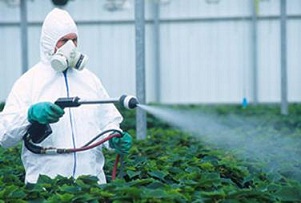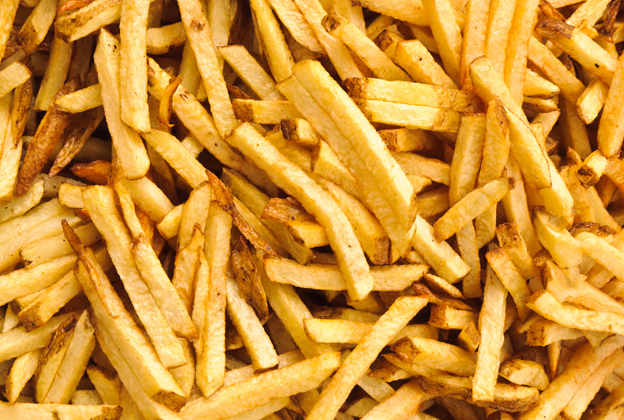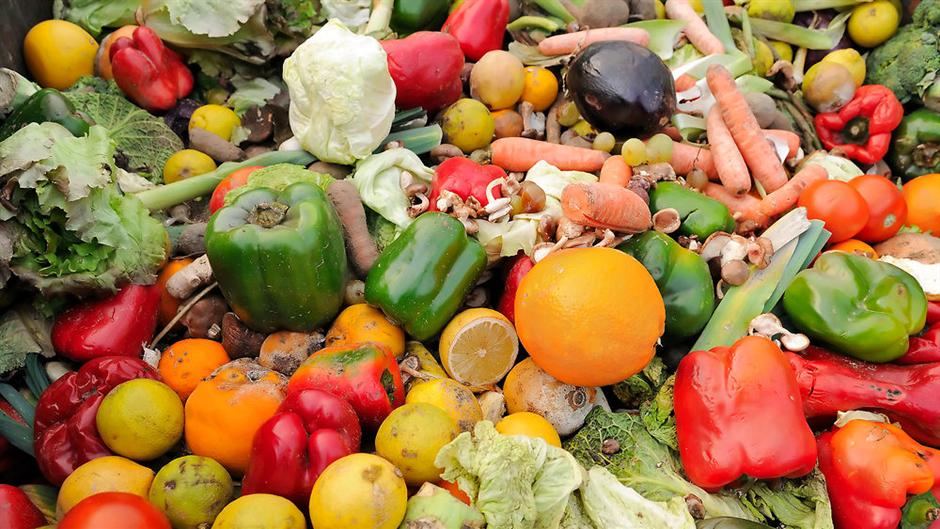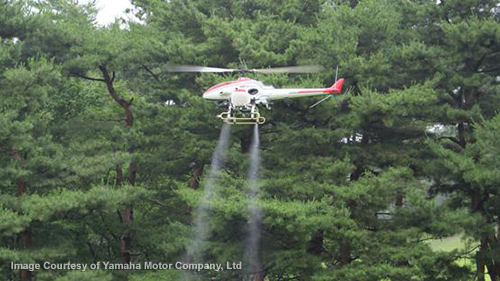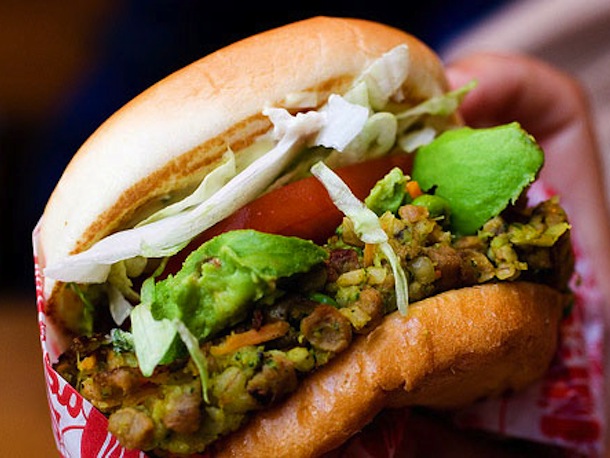
Antibiotic-resistant superbugs found lurking in 1 in 5 conventional ground beef samples. If that raw hamburger meat you bought to cook for dinner hasn’t given you a stomach ache yet, this might: according to a Consumer Reports investigation, store-bought ground beef is teeming with dangerous bacteria, including “superbugs” resistant to three or more classes of antibiotics, as well as a whole lot of poop. That’s a big problem, the report warns, because of Americans’ penchant for under-cooked meat. But the study, which analyzed 300 packages of meat purchased from grocery, big-box, and natural food stores across 26 U.S. cities, found some important differences dependent on how the beef was raised: either conventionally — in grain and soy feedlots where food is supplemented with antibiotics and other growth-promoting drugs — […] Read More

